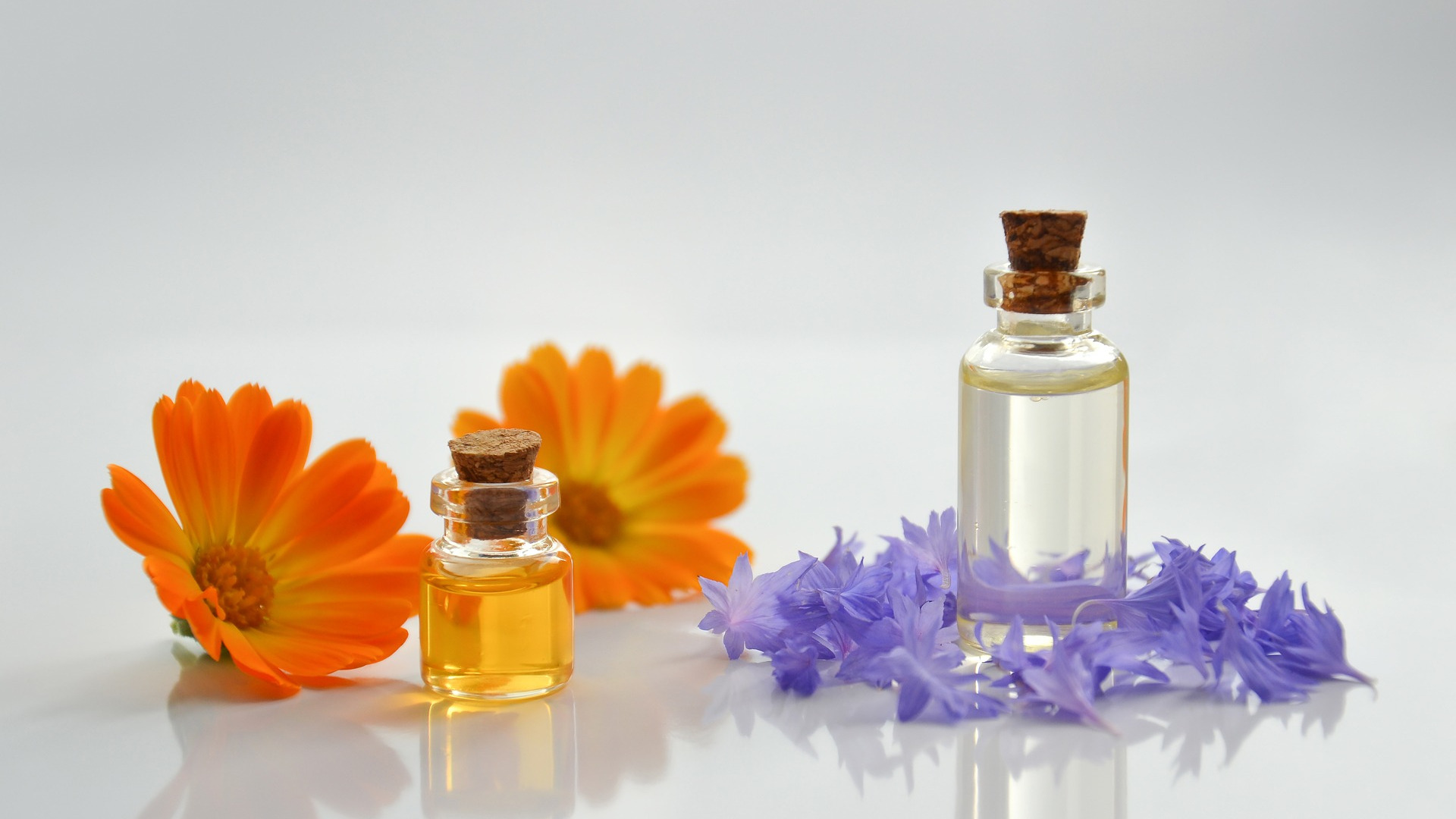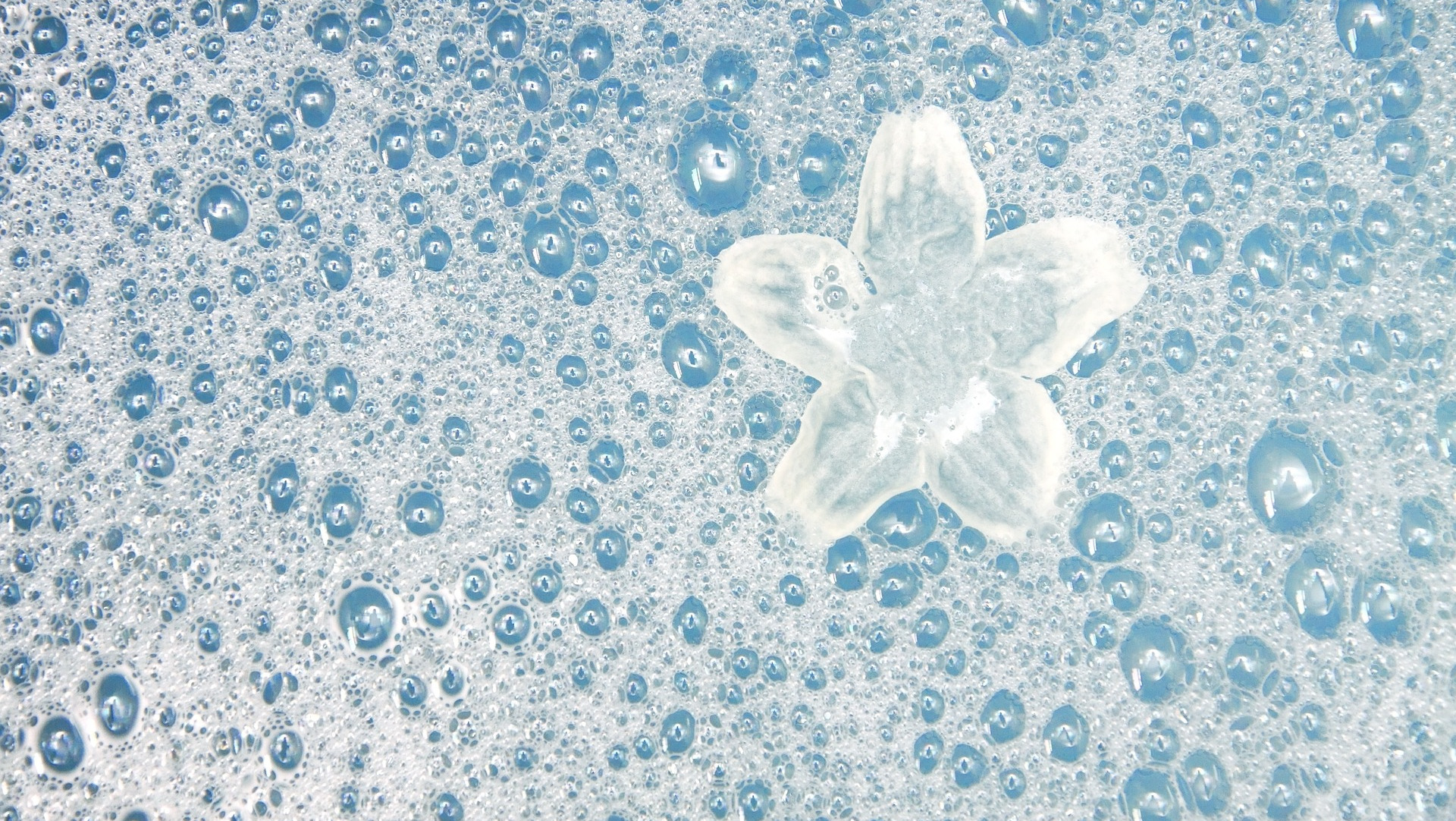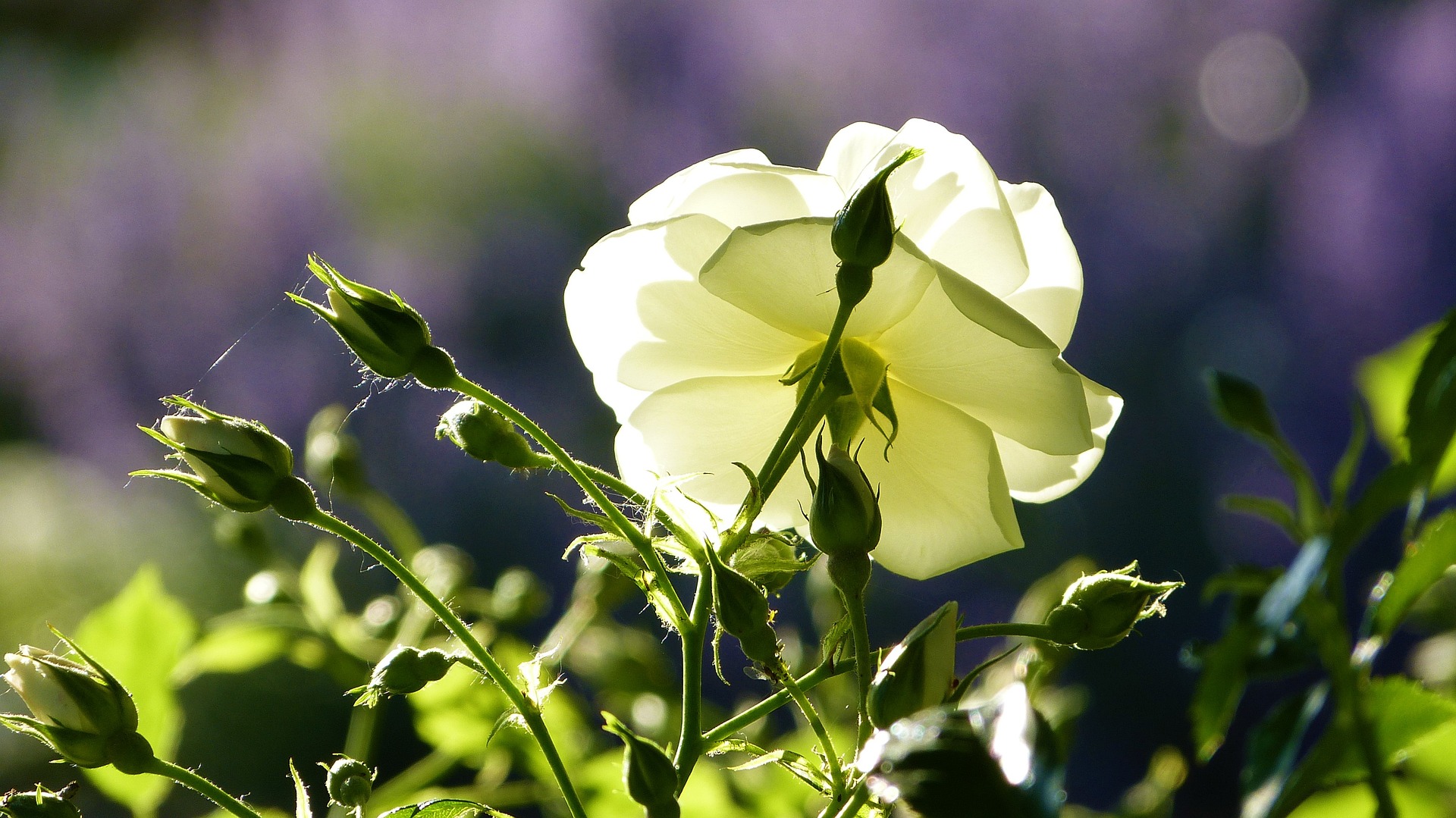The Best Way To Store and Care for Essential Oils
Understanding the proper storage and care for essential oils is crucial to maintaining their quality and potency. This guide offers comprehensive tips to ensure your essential oils retain their freshness and effectiveness, helping you maximize their benefits.
Preventing Oxidation is the key concern in essential oil care. Oxidation is a chemical reaction that occurs when a substance interacts with oxygen. This process affects organic compounds, and in the context of essential oils, exposure to air or light diminishes the oil's strength and effectiveness and even alters its appearance.
The result? Oils that once smelled wonderful can lose their charm. While certain oils like sandalwood might age well, most essential oils, particularly citrus ones, are less stable. Citrus oils, for example, can lose their aroma in just 9-12 months due to their volatile nature.
Best Practices to Keep Essential Oils Strong and Fresh
By following these guidelines, you can ensure that your essential oils remain fresh and potent for an extended time.
Here's a complete list of things to remember when caring for your essential oils and to keep them fresh.
- Dark Glass Bottles: Store essential oils in dark glass bottles (usually amber or cobalt blue) to protect them from light and UV radiation, which can degrade them. Avoid clear or plastic containers.
- Keep Lids Tight: Oxygen can cause the essential oils to oxidize and lose their potency. Securely fasten lids to prevent evaporation and air from entering the bottle.
- Store in a Cool, Dark Place: Store your oils away from heat and moisture to prevent degradation. Store oils in a cool, dark place away from direct sunlight and heat sources. A consistently cool temperature is ideal. Store oils upright in a cool cupboard or drawer.
- Avoid Temperature Fluctuations: Keep the temperature as stable as possible. Extreme temperature fluctuations can cause the oils to deteriorate. Do not store essential oils in the fridge, as this can lead to condensation inside the bottle, damaging the oils.
- Label Bottles: Label each bottle with the essential oil's name and date of purchase to help you keep track of its freshness.
- Use the Oils Regularly: Essential oils degrade over time, so it's a good idea to use them regularly or diffuse them to ensure oils don't oxidize.
- Purchase Small Quantities: Purchase amounts you can use within a year to ensure freshness.
- Keep Essential Oils in Their Original Bottles: It's best to store essential oils in their original bottles. Transferring them to different containers can expose them to air and compromise their quality.
Packaging Considerations
Essential oils typically come in small, dark-colored glass bottles. The dark glass helps protect the oils from light damage. Steer clear of plastic containers, as the oils can react with plastic. Additionally, be cautious with rubber droppers; some oils can degrade rubber. Opt for bottles with an orifice reducer for controlled dispensing, or if using a dropper, ensure it's made of materials resistant to essential oil corrosion.
Understanding Shelf Life
Before using an oil, check its freshness. Signs of spoilage include a change in aroma, thickening, or cloudiness. The shelf life of an essential oil depends on its type, the quality of distillation, and the storage conditions. Generally, a well-stored essential oil can last about 2-5 years. However, this can vary, so it's essential to research each oil's specific shelf life.
Proper Storage and Care
Proper storage and care are essential for maintaining the quality of your essential oils. By following these guidelines, you can ensure your oils stay fresh, potent, and effective for as long as possible. Remember, how you store and handle these oils can significantly impact their lifespan and efficacy.
Optimal Storage for Carrier Oils
Carrier oils, such as almond, olive, or coconut oil, play a crucial role in aromatherapy and skincare. These non-scented oils are primarily used to dilute potent and volatile essential oils, making them safe and effective for topical use. Understanding carrier oil properties and proper storage is key to maintaining their quality.
Proper storage of carrier oils is essential to preserve their natural properties and prevent rancidity. Light, heat, and air exposure can degrade the oils, reducing their therapeutic benefits. By storing them correctly, you can extend their shelf life and ensure they remain effective longer.
- Location: A cool, dark place is ideal for storing carrier oils. Basements or cupboards away from direct sunlight and heat sources are perfect. For those in warmer climates, keeping oils in the refrigerator can help prolong their shelf life.
- Containers: Dark glass containers are preferable for storing oils. They protect the oils from light and are less reactive than plastic containers. If using plastic, ensure it's high-quality, opaque, and specifically designed for oil storage.
- Shelf Life: Each carrier oil has its own shelf life, typically 6 months to 2 years. It's important to look for signs of rancidity, such as a strong, unpleasant smell or changes in texture or color. Using rancid oils can be harmful to the skin.
- Label Date of Purchase: Efficient labeling and inventory management are key. Each bottle should have a label with the oil's name and the purchase date. This system helps quickly locate and track each oil's shelf life. Regularly updating your inventory, especially for those with extensive collections, is crucial for effective management.
How to Save Expired Oils
You can still use your less-than-fresh essential oils if they haven't gone rancid. The only difference is that expired oils don't smell as strong as fresh oils as the volatile components evaporate or degrade.
One idea for using these oils is direct diffusion. You can add a few drops to a paper towel or clean hand towel and place it in the dryer to scent or freshen your clothes as you dry them. Try adding a napkin containing essential oils to a drawer or place it under the seat in your car to enjoy the scent before it degrades further. Add a few drops of essential oils to your cleaning products to boost their scent. You can add essential oils to a spray bottle, add clean water, shake well before using, and spray liberally to enjoy the fragrance anywhere.
Cautions
Essential oils are highly concentrated and should be stored out of reach of children and pets. Ingesting or coming into contact with undiluted essential oils can be harmful. Always store carrier oils out of reach of children and pets. Ensure the storage area is secure and bottles tightly closed to prevent spills and contamination.







